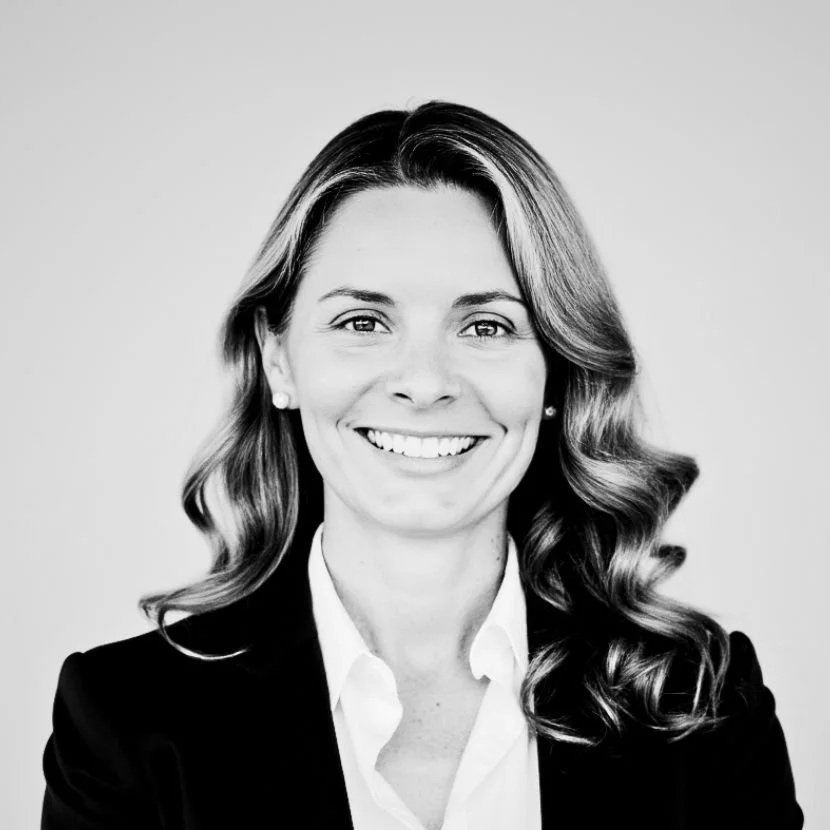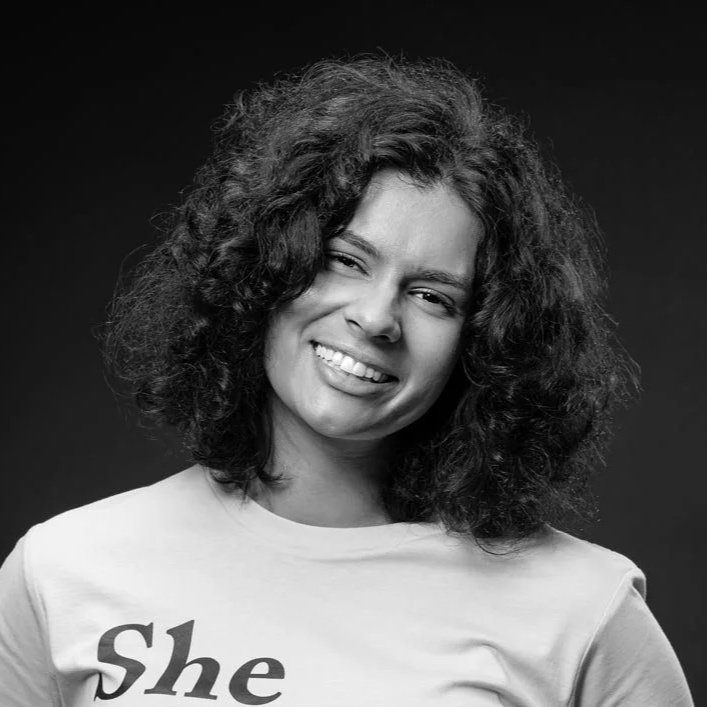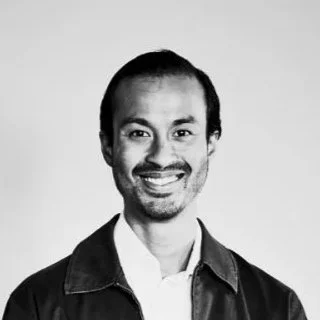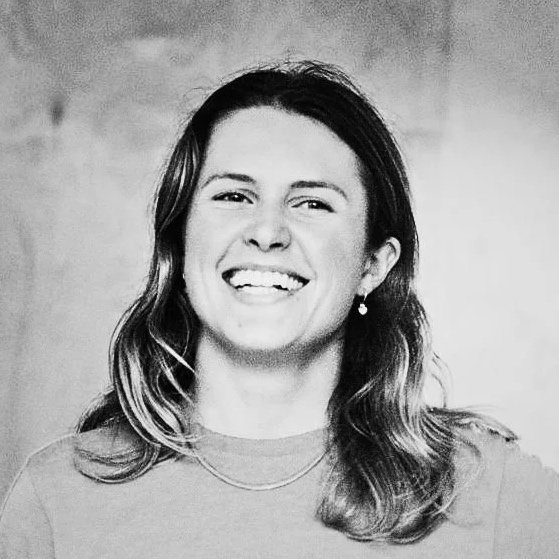Rachel Korberg On Uniting Philanthropic Support To Generate Sustainable Social Impacts
Rachel Korberg co-founded The Families and Workers Fund in April 2020 with partners at The Ford Foundation and Schmidt Futures in response to the economic hardship caused by the COVID-19 pandemic.
As Executive Director of the Fund—a more than $51M and growing collaborative philanthropy—she leads its strategic growth and commitment to building a more equitable economy that uplifts all. Most recently, Rachel led several grant making portfolios at the Ford Foundation as part of its Future of Work(ers) initiative. Prior to Ford, she led economic opportunity grant making at The Rockefeller Foundation where she also designed and ran the Communities Thrive Challenge, a partnership between The Rockefeller Foundation, the Chan Zuckerberg Initiative, and the United Way. Prior to that, Rachel was vice president of the boutique investment firm Serengeti Capital and also a global development and humanitarian aid worker.
Rachel discusses the role of philanthropy in supporting communities experiencing financial hardship, and how the social impact movement can restructure economic systems and institutions.
Highlights from the interview (listen to the podcast for full details)
[Indio Myles] - To start off Rachel, could you please just share a bit about your background and what led to your interest and work in building a more equitable economy?
[Rachel Korberg] - The answer is personal and professional. On the personal side, I grew up Jewish with my grandparents and with their stories of great aunts and uncles who died in the Holocaust or escaped as refugees. I remember every time that we travelled anywhere in the U.S., my grandmother would make us find the local phone book and look up our family's last name to see if someone could have found their way there. I was very committed to social justice; I was curious about collective action and when it works, and it doesn't. For me, that led to the first chapter of my career, which was as a humanitarian and development aid worker. I had the honour to serve in places all over the world that were coping with emergencies and humanitarian crises. During the Holocaust, the humanitarian field didn't really exist, and it grew out of the failings of the Holocaust in many ways. It was such a profound honour and opportunity for me to be able to work in that field. Then after that, (the next) chapter of my career was in social investing, and the scale was so different. The ability to impact millions of lives through capital to pull these interesting levers in our economy, and then philanthropy, where my career has been for the last decade really blends these two components of me.
I have this curiosity about innovative ways to use capital, how we can use capital to create change at scale, and also this really deep interest in being ultimately driven and informed by people who are on the front lines and directly impacted.
You're currently the Executive Director of The Families & Workers Fund, so could you tell us a bit more about its mission in social impact?
The Families & Workers Fund is a donor collaborative, we're chaired by the President of the Ford Foundation, Darren Walker, and the CEO of Schmidt Futures, Eric Braverman. We are a coalition of about twenty diverse philanthropies in the U.S. and we're all committed to building a more equitable economy that uplifts everyone. The United States like the world right now is still really struggling with the COVID-19 pandemic, and we're looking ahead and trying to ensure that we don't just return to what things were like for working people before the pandemic but embrace the greater opportunity and equity on the other side of this. We fund non-profits directly; we also collaborate with federal state and local government and employers all under this mission of building a more equitable economy that uplifts everyone.
Right now, we are a $51 million fund, and most of that does go to direct grant making, but we also think about how to use our collective voice as funders and the important role that we need to play directly in advancing this type of change.
I would say we're an example of change in philanthropy. We're really breaking the mould in a lot of ways. Our coalition has both a lot of old storied philanthropic institutions in the U.S., like The Rockefeller Foundation, Ford Foundation, but also a lot of new philanthropists, Jack Dorsey's philanthropy (the CEO of Twitter) and The Skoll Foundation. It's really exciting to see old and new philanthropy coming together, and I'm excited about this very collaborative and collective way that we're all working, which I also see as a critical part of philanthropy in the future.
What do you see in the upcoming future as the key challenges for economic security in both the U.S. and globally?
I'll start answering this question by telling you a little bit about why we started. If you can remember back to the Spring of 2020, we were watching COVID-19 really deepen its grip in the U.S. but also throughout the world. It was very clear that this was not only a public health crisis, but this was also going to be a crisis of financial hardship and inequity. It really revealed a lot of the insecurities and fracture lines that we have in our economy. In the U.S., like many places around the world, a lot of the people who were already in the lowest paying jobs and struggling to make ends meet were laid off immediately. In fact, in the U.S., 45% of people in the lowest paying jobs were unemployed at some point in 2020, which is just a horrifying, painful statistic that is so much more than a statistic, it's people's real lives. So many of my family members and our staff's family members experienced it.
We watched this happening here and around the world, and it was clear that work already before the pandemic wasn't translating into a decent enough standard of living, and the pandemic just deepened those vulnerabilities and inequities that were already baked in.
I think we see that not only in countries where their economies might already have been struggling, but also in countries that have so much financial wealth. To answer your question what the biggest challenges for economic security and growth in the U.S. and globally are, I really would point to this challenge of the contract of fair work for fair reward being broken. That really should be key in every society around the world. Unfortunately, you see that contract being broken into many places. In the United States, about a third of the workforce, so people who are fully employed still even before the pandemic were not able to afford the basics of a good quality of life, rent, childcare, transportation. That's just unacceptable, it means we're not using our wealth to ensure that everybody has a decent quality of life and that there's an opportunity for upward mobility. To me, that is really what the next phase and mission is post COVID period when it comes to economic security. We've really got to be focused on not only getting people “back to work” (though many people who've been working the whole time). We need to make sure we're not only reducing unemployment, but that people are going back to jobs that ultimately enable them to achieve upward mobility and have that social contract that should be there, which is fair work for fair rewards.
How have you seen the role of philanthropy change, and how can philanthropy both as a concept and in practice be improved?
We need to be real that philanthropy is in some ways a symptom of the systems that we're trying to fix. Extreme wealth creation enables philanthropy, and on the one hand, I really applaud everyone who has been successful in generating wealth and deploying that to good use.
But, we should have a system where everybody is taken care of and you don't need philanthropy to step in and provide some of the basics that government ultimately should be able to fund and provide. It's interesting that in the U.S. we actually have a lot more philanthropy than in many other countries like Australia and parts of Europe, and some of that is because there is still a more limited role for government in ensuring people's basic wellbeing. I hope that will change. But in the world in which it's not, I'm really proud of all of the growth and reckoning that the U.S. philanthropic sector has been doing, and I'm proud to be part of it. There has been a reckoning in philanthropy over the past decade, and I think we have talked a lot about making it less about what funders want and what funders think is the right answer, and more about the people with lived experience really guiding and directing those resources. That's very key to the way we work, and I don't think we're unique in that.
There's a movement around trust-based philanthropy as well, where instead of treating non-profits like they're your contractors that you're going to direct, you really invest and support them in building their capacity while trusting their insights into how the work needs to play out.
The last important shift I would mention in the philanthropy sector is that philanthropies are now thinking a lot about all their assets, not just their grants, and that often includes their endowments as well. As you probably know, the model for a lot of foundations is you invest your endowment much like a large university might, you invest it and then the investment income that spins off of it, that's what you use to do your grant making. In the U.S., our law requires that 5% of your total assets be used towards that grant making if you're going to have all the legal benefits of being a tax-exempt, charitable philanthropy. That means 95% of your assets could actually be totally disconnected from social impact, and that's a little bit of a problem. We've seen this exciting movement and I was really proud of the Ford Foundation for being an early mover in this around mission investing. Let's make sure we use our endowment to also advance our mission. The Ford Foundation actually carved out $1 billion from its endowment to explicitly invest in mission aligned ways, and there are foundations across the world doing this as well.
I'm just so excited to see what this next chapter in philanthropy will be like, and my sense is that in a best-case scenario, it really prioritises equity, trust and thinks about all our assets and how we use them to advance some social impact.
In the next five years, where do you believe there are opportunities for the social impact movement to address economic inequality and help rebuild systems?
The current economic recovery that the global economy and every country needs to go through is a huge opening. In recoveries, we get an opportunity to reset, and I think we can focus on having an equitable, good jobs recovery. Let's be serious in ensuring we reduce the unemployment that the pandemic has caused, but also care about the types of jobs and the quality of those jobs that people are going back to. This goes to our earlier conversation, but work is how people build economic security and upward mobility, and it needs to translate into that. We're excited to see employers, investors, and government really ensure that the contracts that they deploy and the investments they make really prioritise good quality jobs, not just any jobs. The other thing I would say when I think about the next five years is continuing to really centre the most directly impacted people, not assuming we know the answer and really developing much more participatory models for decision-making. The final thing I would point to that I'm really excited about over the next five years is implementation and good delivery of our policies.
Policies are only real if people can experience it in their lives, and one of the things that COVID reminded all of us of is sometimes there's a lot of friction.
It's tricky for people who want to apply for unemployment insurance, a stimulus check or a government benefit. They can experience dealing with all the paperwork, in the U.S., we sometimes had people waiting several months to get the support that they were entitled to. I'm excited over the next five years of really having this golden era where we invest in all the nerdy things like government technology systems, delivery systems and designing for user experience, because yes, the policy design does matter, but actually getting it to people is huge. When people try to apply for these programs, benefits and have these hard experiences, it's not just a frustration. It creates distrust between people and their government. It's a huge opportunity to continue strengthening and securing democracy by really investing in governments, implementation and delivery capacity.
To finish off, are there any books or resources that you would recommend to our listeners to check out?
I love this question, there are so many amazing books. I've got three for you. The Sum of Us, which is by Heather McGhee is about the way that racism costs all of us and has created not only a worse society for people of colour (which it of course has at every single turn), but actually for all of us by essentially causing us not to invest in public goods, communities and the collective. It's such a powerful book that blends data and stories, so I highly recommend it. The second is From Generosity To Justice by Darren Walker who's the co-chair of The Families & Workers Fund and the President of the Ford Foundation.
This book will touch on a lot of the themes we talked about with philanthropy. how do we move to a place where it's charity and something small scale to really being about justice and uprooting a lot of the systems of exclusion and marginalisation that have for so long had power.
Finally, I had to put a novel in there because these are two really heavy recommendations, so I recommend for all you novel lovers The Redshirt by Corey Sobel. It hits on so many interesting themes, toxic masculinity, being LGBT in an unwelcoming environment, class and race. But it's all wrapped up in this totally engrossing story about football and university, so I highly recommend it.
Initiatives, resources and people mentioned on the podcast
Recommended books
The Sum of Us: What Racism Costs Everyone and How We Can Prosper Together by Heather McGhee
From Generosity to Justice: A New Gospel of Wealth by Darren Walker
The Redshirt by Corey Sobel





